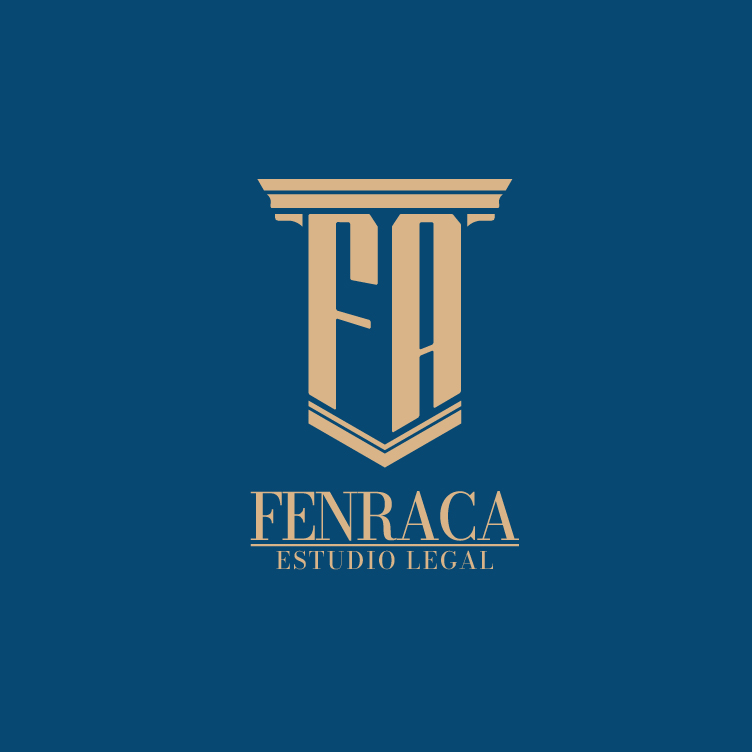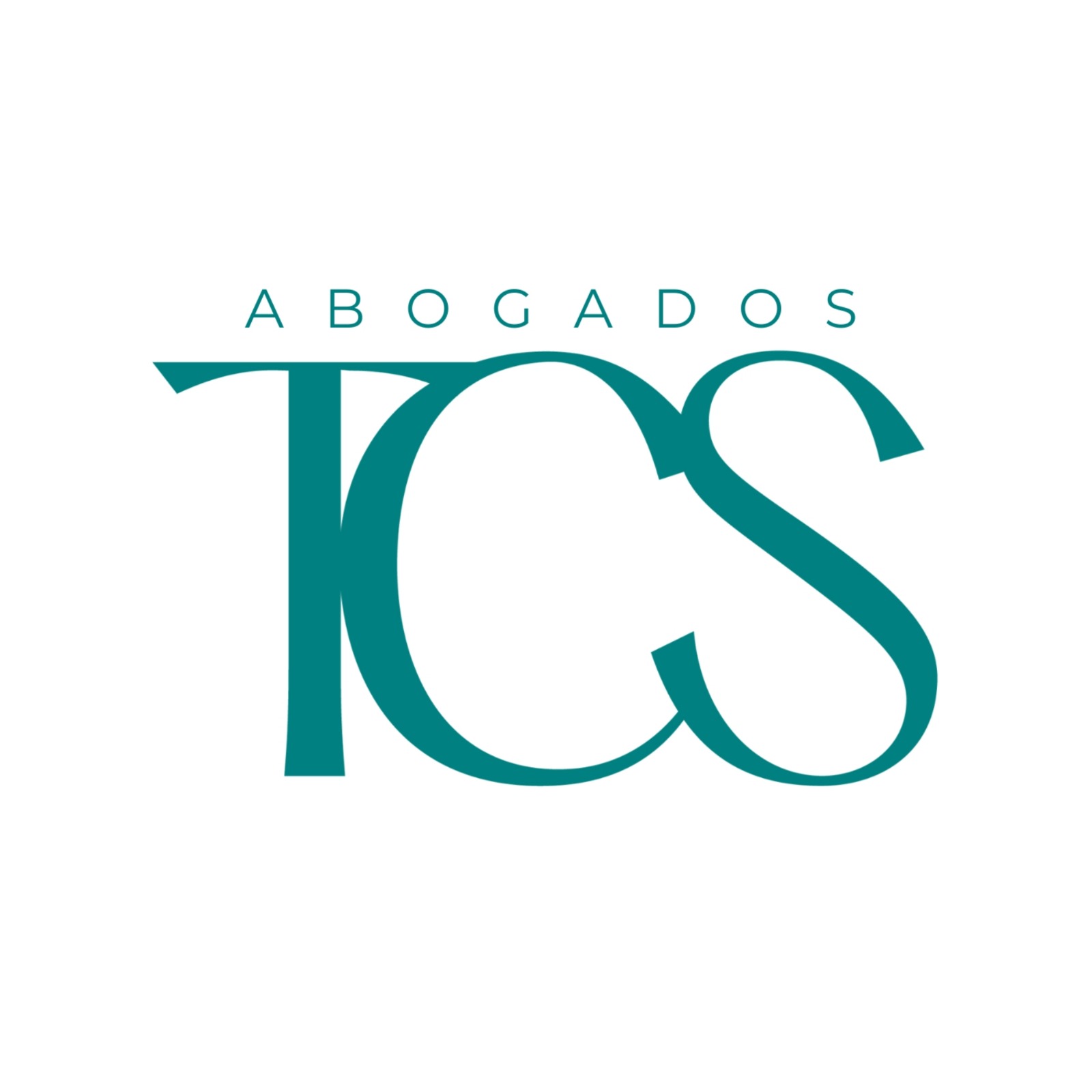Best Child Support Lawyers in Dominican Republic
Share your needs with us, get contacted by law firms.
Free. Takes 2 min.
Free Guide to Hiring a Family Lawyer
Or refine your search by selecting a city:
List of the best lawyers in Dominican Republic
About Child Support Law in Dominican Republic
Child support in the Dominican Republic is an essential legal obligation that ensures the financial welfare and stability of children, especially after the dissolution of a marriage or separation of partners. Under Dominican law, both parents have the duty to contribute to the upbringing and care of their children. The legal framework is designed to establish fair and equitable financial support to cover a child's basic needs, including education, health care, housing, and daily expenses.
Why You May Need a Lawyer
Engaging a lawyer for child support matters can be crucial in several situations. If you are experiencing difficulty in obtaining an agreement on child support payments, a legal practitioner can help negotiate terms or mediate disputes. Also, if compliance with a child support order becomes an issue, a lawyer can assist in enforcing the terms or modifying existing arrangements due to changing circumstances. Additionally, navigating the legal requirements and procedures related to child support demands accurate documentation and understanding, which a lawyer can efficiently manage.
Local Laws Overview
The child support laws in the Dominican Republic are grounded in protecting the best interests of the child. The Dominican Family Code governs these matters and outlines the obligations of parents. Courts calculate child support by assessing various factors, including the financial capacity of both parents, the child's needs, and living conditions. Compliance is enforced by law, and failure to provide support can lead to legal penalties. Additionally, the law allows for modifications to the support order if there is a significant change in circumstances.
Frequently Asked Questions
What determines the amount of child support?
The court considers the income and resources of both parents, the needs of the child, and other relevant factors to determine a fair child support amount.
How can child support be enforced?
If a parent fails to pay child support, legal enforcement measures such as wage garnishment or asset seizure may be applied by the court.
Is it possible to modify a child support order?
Yes, modifications can be made if there is a significant change in financial circumstances or the child's needs. A court petition is necessary for this process.
What if the non-custodial parent lives abroad?
International treaties and agreements facilitate the enforcement of child support across borders. Legal assistance can help navigate these procedures.
Can a parent waive child support?
Child support is a right of the child and cannot be waived. Parents must fulfill their legal obligation unless a court determines otherwise.
How long is child support required?
Typically, child support is required until the child reaches the age of majority, which is 18 years, or completes their education, as per the court's decision.
What are the legal consequences of not paying child support?
Non-payment can result in legal penalties, including fines, imprisonment, or restrictions on leaving the country.
How is paternity established for child support purposes?
Paternity can be established voluntarily through acknowledgment or through a court-ordered DNA test if contested.
Who is responsible for medical expenses of the child?
Both parents are generally responsible for the child's medical expenses, and support orders may include specific provisions for healthcare costs.
What documentation is necessary for filing a child support claim?
Necessary documents typically include proof of income, child-related expenses, and any existing custody agreements or court orders.
Additional Resources
The Dominican Ministry of Women's Affairs and the Attorney General’s Office are essential governmental resources providing guidance and support for child support matters. Additionally, non-governmental organizations such as Fundación Padres Abogados offer legal resources and advocacy for family law issues.
Next Steps
If you require legal assistance with child support, it is advisable to consult with a family law attorney who is experienced in the Dominican legal system. Begin by collecting all relevant financial documents and any existing court orders or agreements related to your case. A lawyer can help you navigate the legal requirements, represent your interests in court, and work towards an equitable resolution for the welfare of your child.
Lawzana helps you find the best lawyers and law firms in Dominican Republic through a curated and pre-screened list of qualified legal professionals. Our platform offers rankings and detailed profiles of attorneys and law firms, allowing you to compare based on practice areas, including Child Support, experience, and client feedback.
Each profile includes a description of the firm's areas of practice, client reviews, team members and partners, year of establishment, spoken languages, office locations, contact information, social media presence, and any published articles or resources. Most firms on our platform speak English and are experienced in both local and international legal matters.
Get a quote from top-rated law firms in Dominican Republic — quickly, securely, and without unnecessary hassle.
Disclaimer:
The information provided on this page is for general informational purposes only and does not constitute legal advice. While we strive to ensure the accuracy and relevance of the content, legal information may change over time, and interpretations of the law can vary. You should always consult with a qualified legal professional for advice specific to your situation.
We disclaim all liability for actions taken or not taken based on the content of this page. If you believe any information is incorrect or outdated, please contact us, and we will review and update it where appropriate.
Browse child support law firms by city in Dominican Republic
Refine your search by selecting a city.
















